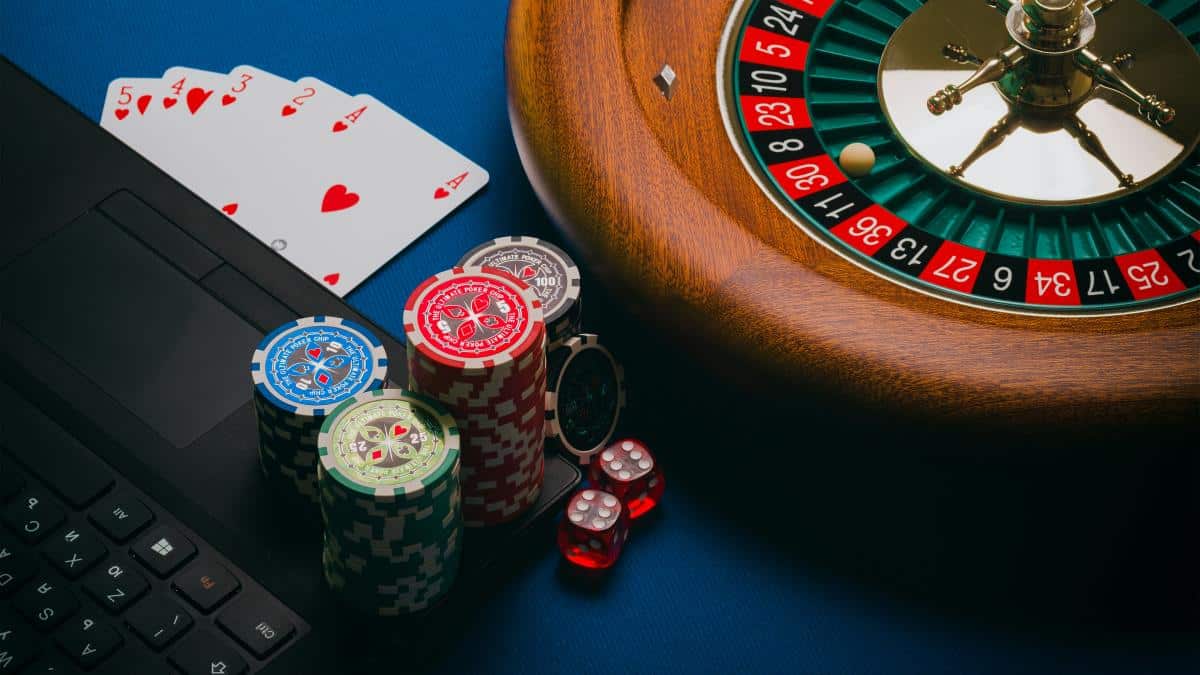In recent years, the popularity of slot machines has surged globally, driven by the rise of online casinos, mobile apps, and aggressive marketing strategies. Slot machines, often dubbed “one-armed bandits,” are among the most addictive forms of gambling due to their rapid play cycles, bright visuals, and intermittent rewards. While many people can enjoy slots casually, for some, they become a dangerous addiction. This article explores the countries with the highest number of slot gambling addicts and the cultural, legal, and economic factors contributing to the phenomenon.
The Allure of Gacor Slots
Before diving into specific countries, it’s important to understand the concept of “slot gacor”—a term popularized in Southeast Asia, especially Indonesia and Malaysia. “Gacor” comes from the Indonesian word “berkicau,” which means chirping or making noise, and in the gambling context, it refers to slots that frequently pay out or seem “hot.” Players constantly search for “gacor” slots online, believing they can beat the odds by timing their play just right. This belief fuels continuous gambling and increases the likelihood of addiction.
United States – Home to the Slot Machine Capital of the World
Unsurprisingly, the United States ranks high in terms of gambling addiction, particularly with slot machines. With over 900,000 slot gacor machines operating across the country, the U.S. houses about 40% of the world’s slot machines. Las Vegas alone is a global icon of gambling, with thousands of machines designed to attract and retain players.
Studies show that around 2-3% of American adults struggle with a gambling disorder, and slots are one of the top culprits. Their accessibility—not only in casinos but also in gas stations, airports, and convenience stores—makes them especially dangerous. Moreover, online gambling platforms offering slot games have made it even easier to gamble without limits.
Australia – The Highest Gambling Losses Per Capita
When it comes to slot machine addiction, Australia consistently stands out. Known locally as “pokies,” slot machines are deeply ingrained in Australian culture. They are found not just in casinos but also in pubs and clubs across the country.
According to statistics, Australians lose more money per capita on gambling than any other nation, with a large portion of these losses attributed to slot machines. Nearly half of the country’s total gambling losses come from pokies, and problem gambling affects around 1 in 200 Australians, with many more at risk.
Government attempts to introduce reforms, such as mandatory pre-commitment limits and reduced bet sizes, have faced pushback from the powerful gambling lobby, which generates billions of dollars annually.
United Kingdom – A Growing Concern
The UK has seen a sharp rise in slot gambling addiction, particularly with the growth of Fixed Odds Betting Terminals (FOBTs) and online slots. While recent legislation has curbed the maximum stakes on FOBTs, the explosion of digital platforms continues to present a challenge.
The UK Gambling Commission reported a significant increase in problem gambling among young people, many of whom are lured in by flashy online slot games. The combination of high-speed gameplay, themes based on popular culture, and constant promotional bonuses makes it difficult for many to stop once they start.
Efforts to address the issue include banning credit card use for online gambling, stricter advertising rules, and increased funding for treatment programs.
Italy – Europe’s Slot Machine Hub
Italy has one of the highest densities of slot machines in the world, with estimates suggesting one machine for every 150 residents. Known as “videolottery terminals” (VLTs), these machines are present in bars, cafes, and even tobacco shops.
Gambling addiction has become a significant public health concern in Italy, with slot machines playing a central role. The Italian government has introduced various measures to control the problem, including restricting the number of machines and increasing awareness through public campaigns. However, the economic revenue from gambling—especially in times of financial crisis—makes regulation a complicated issue.
Japan – Pachinko and Its Slot-Like Addictive Power
Although traditional slot machines are not as prevalent in Japan as in Western countries, the nation has its own version: pachinko. Pachinko parlors are widespread throughout Japan and operate in a legal gray area, often linked to organized crime syndicates.
Pachinko is a mix between a pinball game and a slot machine and is notoriously addictive. Japanese players spend billions of yen annually in pachinko parlors, and problem gambling is a growing concern. Even though Japan has strict gambling laws, the government’s recent moves to open integrated casino resorts may worsen the addiction crisis if not carefully managed.
Indonesia – A Hidden Epidemic in a Prohibited Market
Indonesia officially bans all forms of gambling, including slot machines. However, online gambling has found a way around these regulations. Underground gambling sites targeting Indonesians often promote slot777 games heavily, using social media, influencers, and private chat groups.
Despite the legal risks, a large number of Indonesians are drawn to these online slots. The anonymity of the internet, paired with mobile accessibility, makes it difficult to track and treat gambling addiction. Many players spend hours chasing “gacor” slots, often losing significant sums of money in the process. As gambling is stigmatized and illegal, those affected rarely seek help, creating a silent but serious public health issue.
Conclusion: A Global Problem Needing Local Solutions
Slot addiction is not limited to one region or demographic. From the glittering casinos of Las Vegas to the pubs of Sydney, and from the cafes of Rome to the hidden corners of Indonesia’s internet, the allure of slot machines—especially those perceived as “gacor”—continues to captivate and trap millions.
Each country faces unique challenges in addressing the issue, shaped by cultural norms, legal structures, and economic interests. What is universally clear, however, is that unchecked slot gambling can devastate individuals and families. Governments, tech companies, and communities must work together to strike a balance between entertainment and harm reduction, ensuring that the spin of a reel doesn’t lead to the spiral of addiction.










